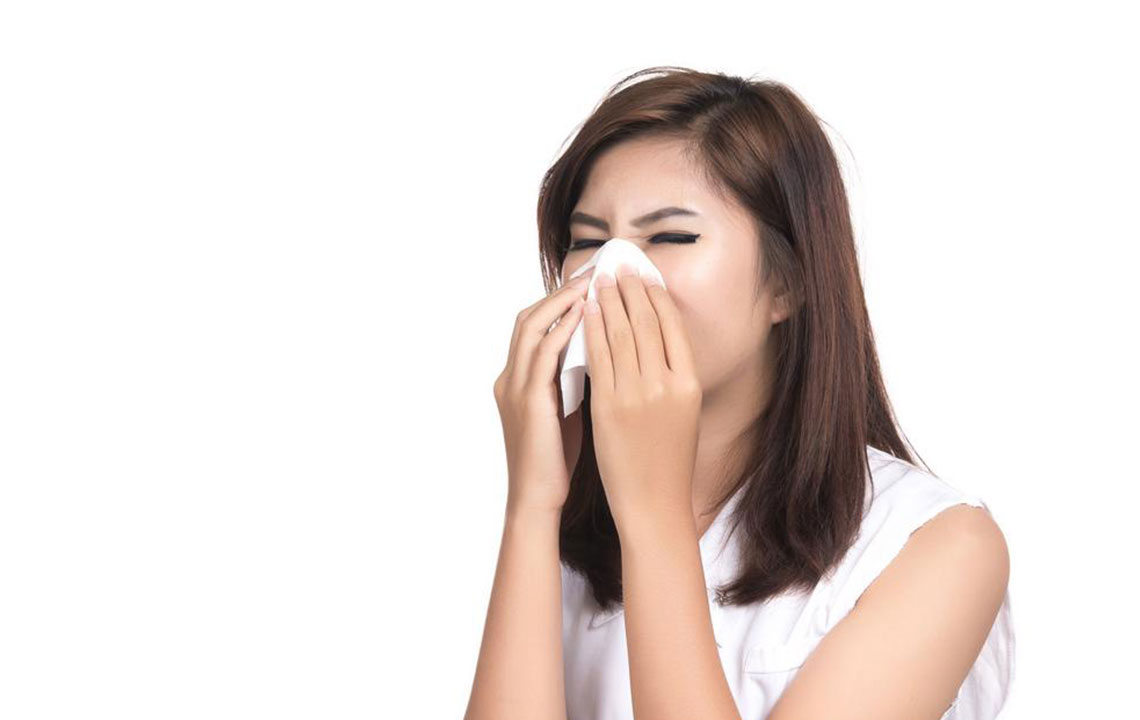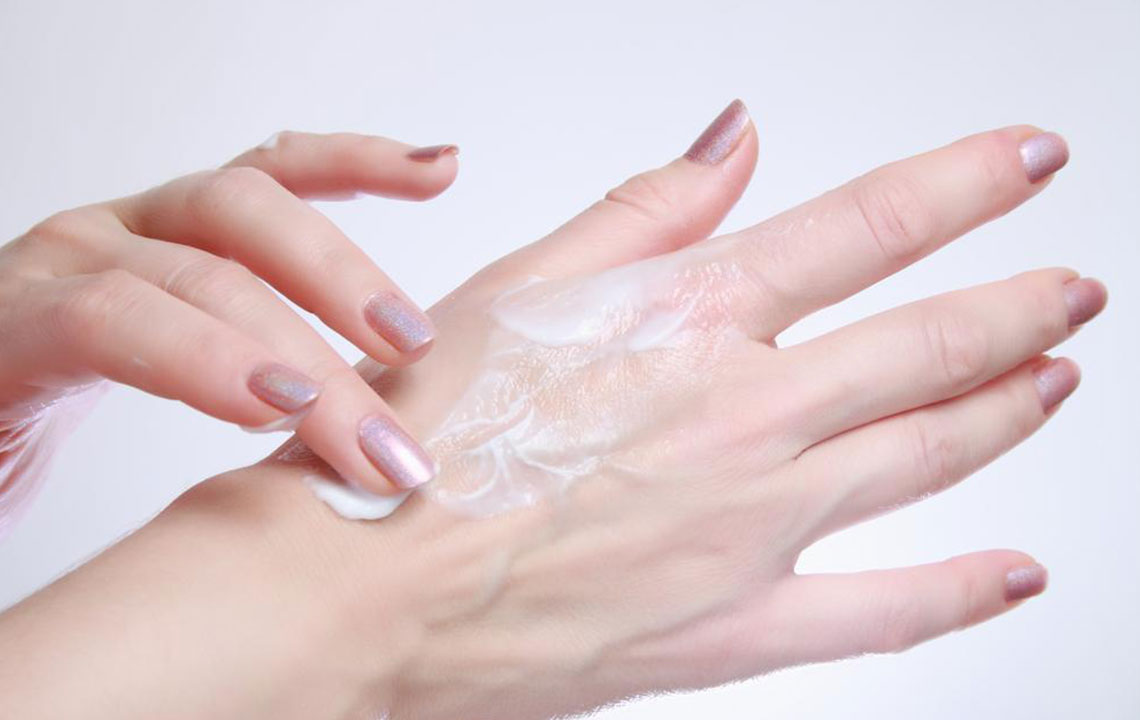Effective Strategies to Manage Fever Naturally and Medically
Learn practical home remedies and medical options to effectively manage and reduce fever. The article covers when to seek medical help, tips for comfort, and safe medication use for all ages to promote quick recovery.
Sponsored

Normal body temperature hovers around 98.4°F. When it rises beyond this, a fever occurs, signaling the body's response to infections. A fever isn't always harmful; it helps combat bacteria and viruses by creating an unfavorable environment for them.
Common symptoms accompanying a fever include sore throat, congestion, cough, body aches, fatigue, and nausea. Severity varies with the infection.
If your temperature exceeds 104°F, seek urgent medical attention. High fever can cause seizures and other serious complications.
For mild fevers, home remedies can offer quick relief. Persistent or high fever requires medical intervention, but avoid excessive medication to prevent side effects.
Home Remedies for Fever
Monitor your temperature; a reading above 100.4°F indicates a fever. Rest is crucial—lie in bed and relax to promote healing.
Stay well-hydrated with water, herbal teas, and fruit juices. Ice chips and broth-based soups can also help replenish lost fluids.
Keep cool by using lightweight clothing and blankets if experiencing chills. Avoid overheating.
Take warm baths to feel refreshed; avoid cold water. Wear light clothing and keep the environment comfortably cool.
For sore throats, opt for warm beverages. This can soothe discomfort often linked with fevers.
Eat small, nutritious meals to maintain your energy. Home-cooked, easily digestible foods are best.
Avoid prolonged bed rest; gentle movement or stretching aids recovery and reduces lethargy.
Regularly check your temperature. Seek immediate medical help if weakness worsens or symptoms intensify.
Applying a cool, damp cloth to the forehead can help reduce fever. Use warm water and dry the skin afterward.
Medicinal Options for Fever
Over-the-counter medications can alleviate discomfort caused by fever. Use only as directed, especially in children, and avoid mixing multiple drugs.
Common medications include acetaminophen and ibuprofen. They should be taken in recommended doses to prevent liver or kidney issues. Never administer aspirin to children or teenagers with fever due to Reye's syndrome risk.
Acetaminophen
Suitable for children and adults without liver issues. Adults can take up to two tablets every six hours. For those unable to swallow pills, suppositories may be used.
Ibuprofen
Effective for children over six months and adults. Dosage varies; consult your doctor for children. Usually, 2-3 tablets per dose, every 6-8 hours.
Naproxen
For adults, 2 tablets every 12 hours may reduce fever temporarily. Avoid in children.
Always consult a healthcare professional for severe or persistent fever. In some cases, antibiotics or injections may be necessary for effective treatment. Prioritize hydration and nutritious foods to support recovery alongside medication.






